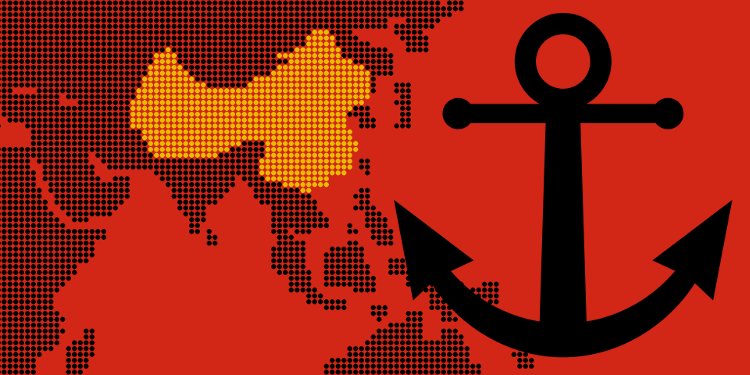Taiwan has a new president. Security is a hot topic. New leaders bring change. Change can be unstable.
As a general rule, web and program developers don’t like software “updates” because they can cause other dependent software to crash. In general, admirals and generals don’t like map updates either, and for good reason. Constantly changing political maps, territorial claims, and which flags rightly fly over which pieces of dirt and puddles of water can cause planes and boats to crash. Frequent updates are not good for “stability”, even “security” updates—whether software or political.
Beijing concerns itself with the “1992 consensus”, yet China’s attempt to update the world’s maps—without prior consensus—prioritizes its own “security” over its own “stability”. In this, the world clearly sees that neither “consensus” nor “stability” are Beijing’s ongoing concerns, only sometimes.


